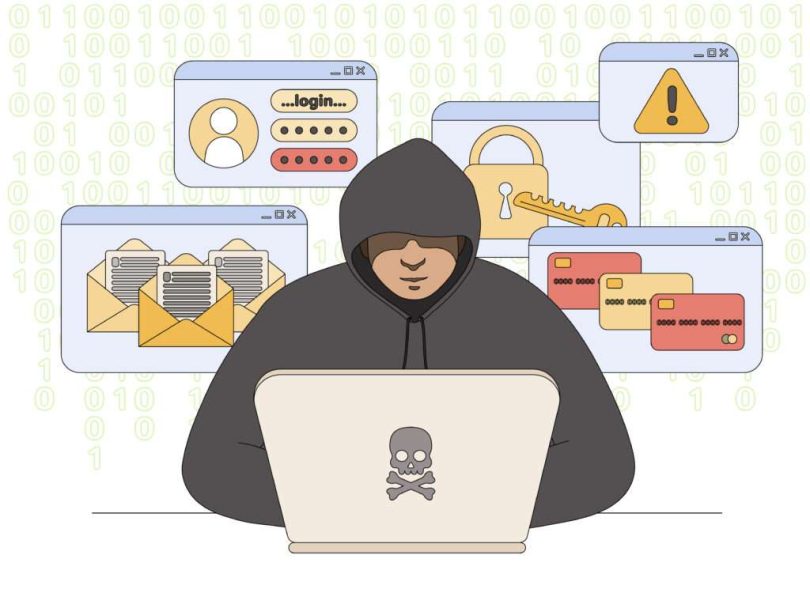The rise of e-commerce has led to a significant increase in the number of online shopping platforms, making it increasingly difficult for consumers to distinguish between genuine and fake stores. As a result, it is crucial for customers to be cautious and do their due diligence when choosing an online retailer. In this article, we will discuss the essential factors to consider when evaluating whether a store is real or a scam, and provide tips on how to protect yourself from online fraud.
First and foremost, it is vital to research the store’s reputation. Look for reviews and testimonials from satisfied customers, check if they have a physical address, and examine their social media presence. A genuine store will have a professional and consistent brand image across all their platforms. On the other hand, a scammer will often have limited or no social media presence, or their pages will be filled with fake reviews and low-quality content.
Another significant indicator of a legitimate store is its website’s professionalism. A genuine online store will have a well-designed website with a clear and easy-to-navigate menu, secure payment options, and a contact page with a valid email address and phone number. A scammer’s website, on the other hand, will often have a shoddy design, utilise pop-up ads, and lack basic contact information.
It is also crucial to check the store’s physical address and phone number. A legitimate business will have a physical address and a phone number that you can use to contact them. Scammers often use fake addresses and phone numbers to avoid being traced.
Another red flag is if the store demands payment through wire transfer or prepaid debit cards. These methods are often preferred by scammers as they provide limited protection for the buyer and make it easier for the scammer to disappear with the money. Legitimate stores usually offer a variety of payment options, including credit cards and cryptocurrencies.
Payment options should also be secure, with the payment processor’s logo displayed on the website. A trust seal or trustmark from a reputable organization, such as the Better Business Bureau or the Federal Trade Commission, can also be an indication of a genuine store.
In addition, be wary of stores that offer suspiciously high discounts, stating that their products are too cheap to be true. It is true that some products may be cheaper than others, but if a product is significantly cheaper than its market value, it may be a sign of a scam. Legitimate stores often offer discounts, but they are not as extreme as those offered by scammers.



